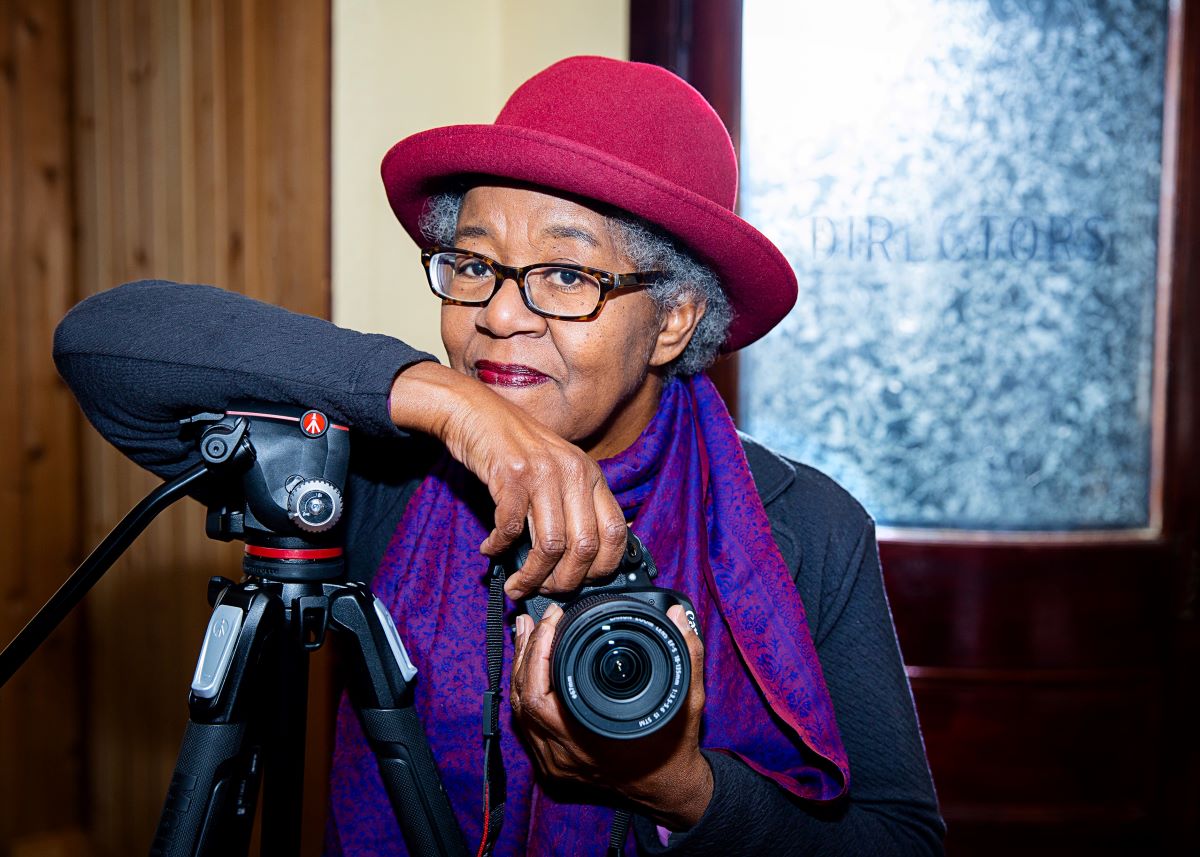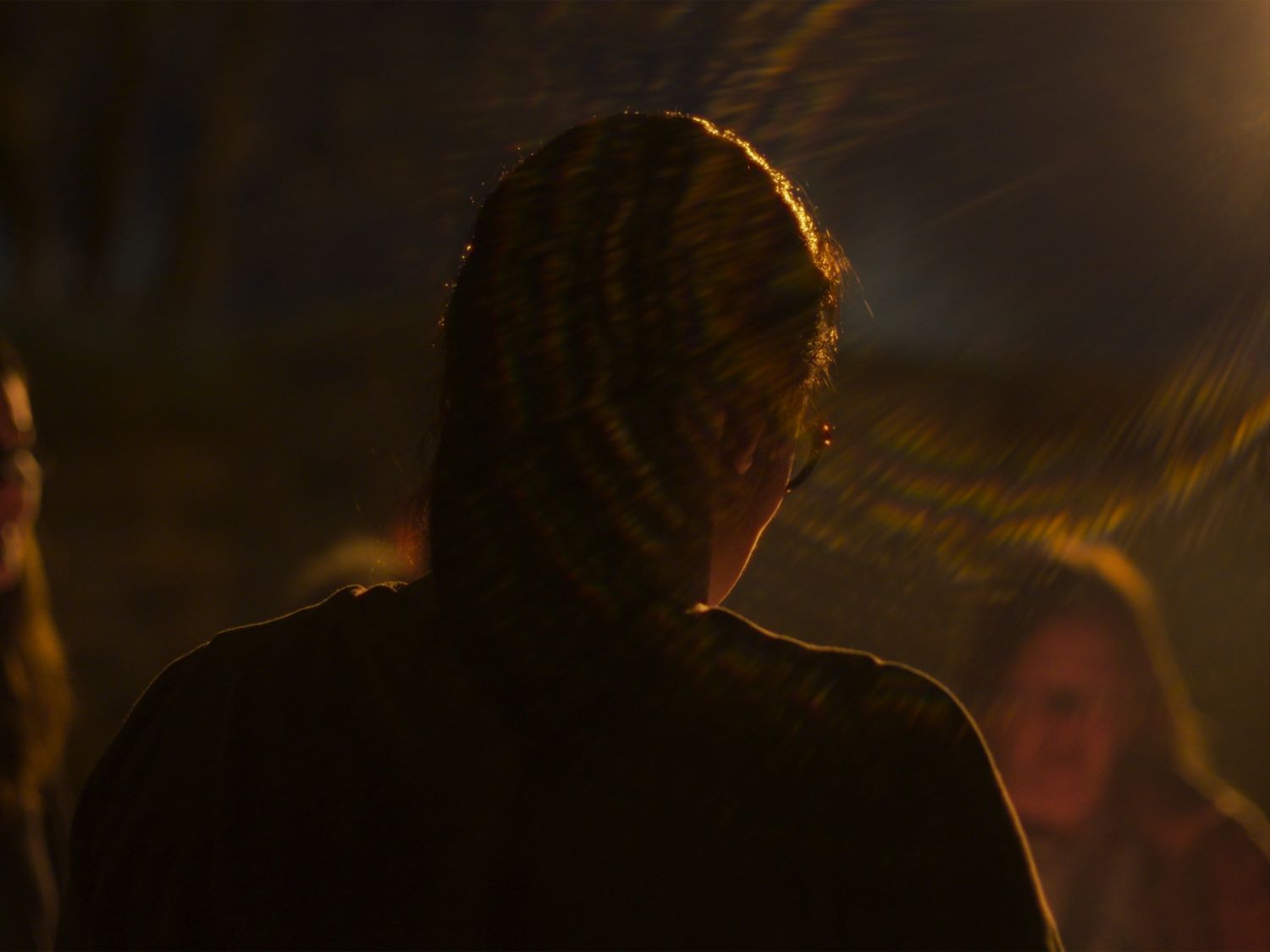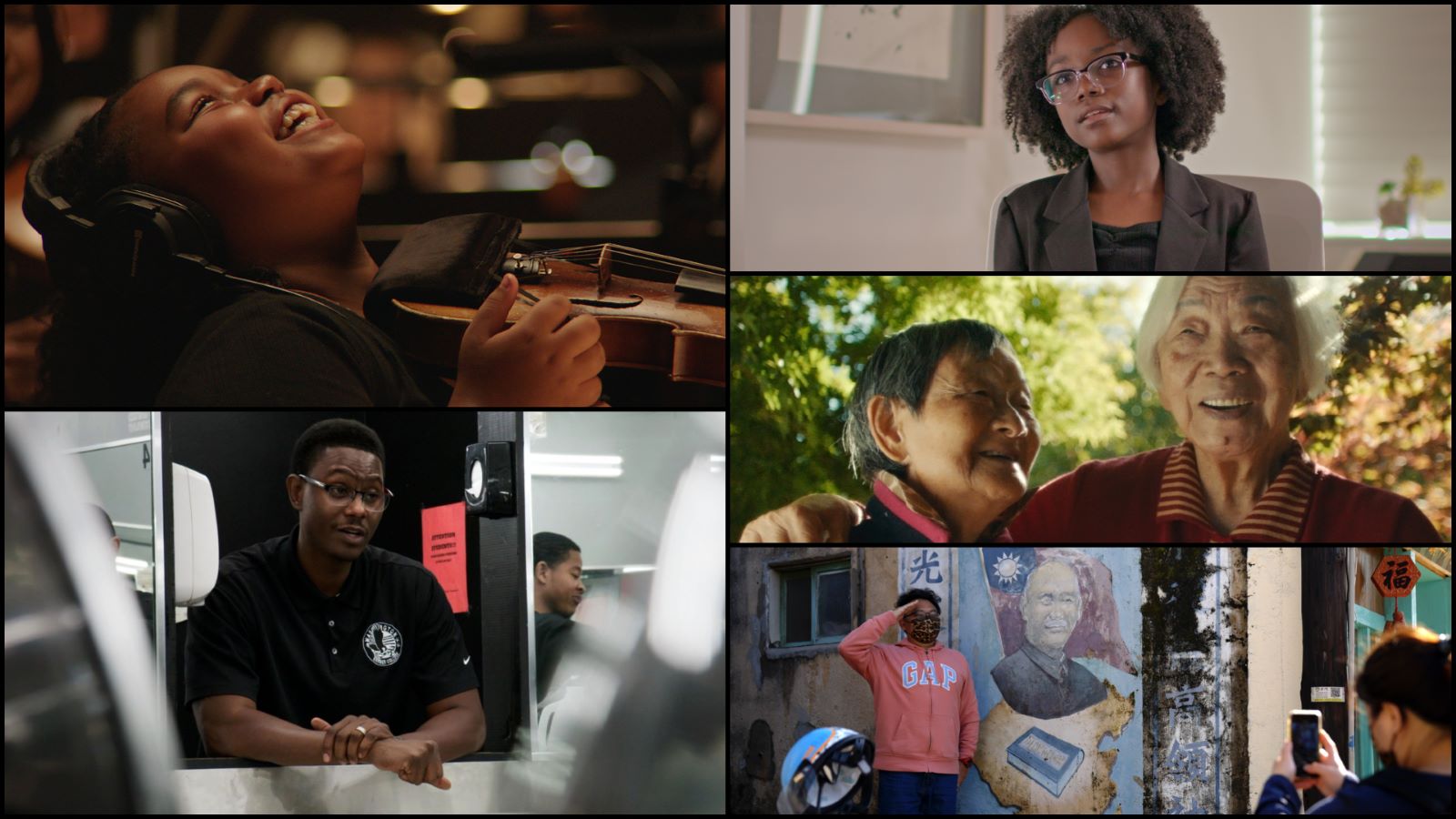A small camera used to shoot black-and-white footage of her friends and family sparked in Sylvia D. Hamilton a passion that would lead her to become a crucial Canadian filmmaker, whose documentaries confront themes rooted in Black Canadian history and weave them into the present. “My films centre African people in narratives as active subjects, with agency—not as problems and historical footnotes,” says Hamilton.
“I had an interest in still photographs from early on, especially images we made of ourselves,” the filmmaker reflects on the origins of her practice. “From taking still photographs to hefting large video cameras, perhaps my future was set without consciously knowing it.”
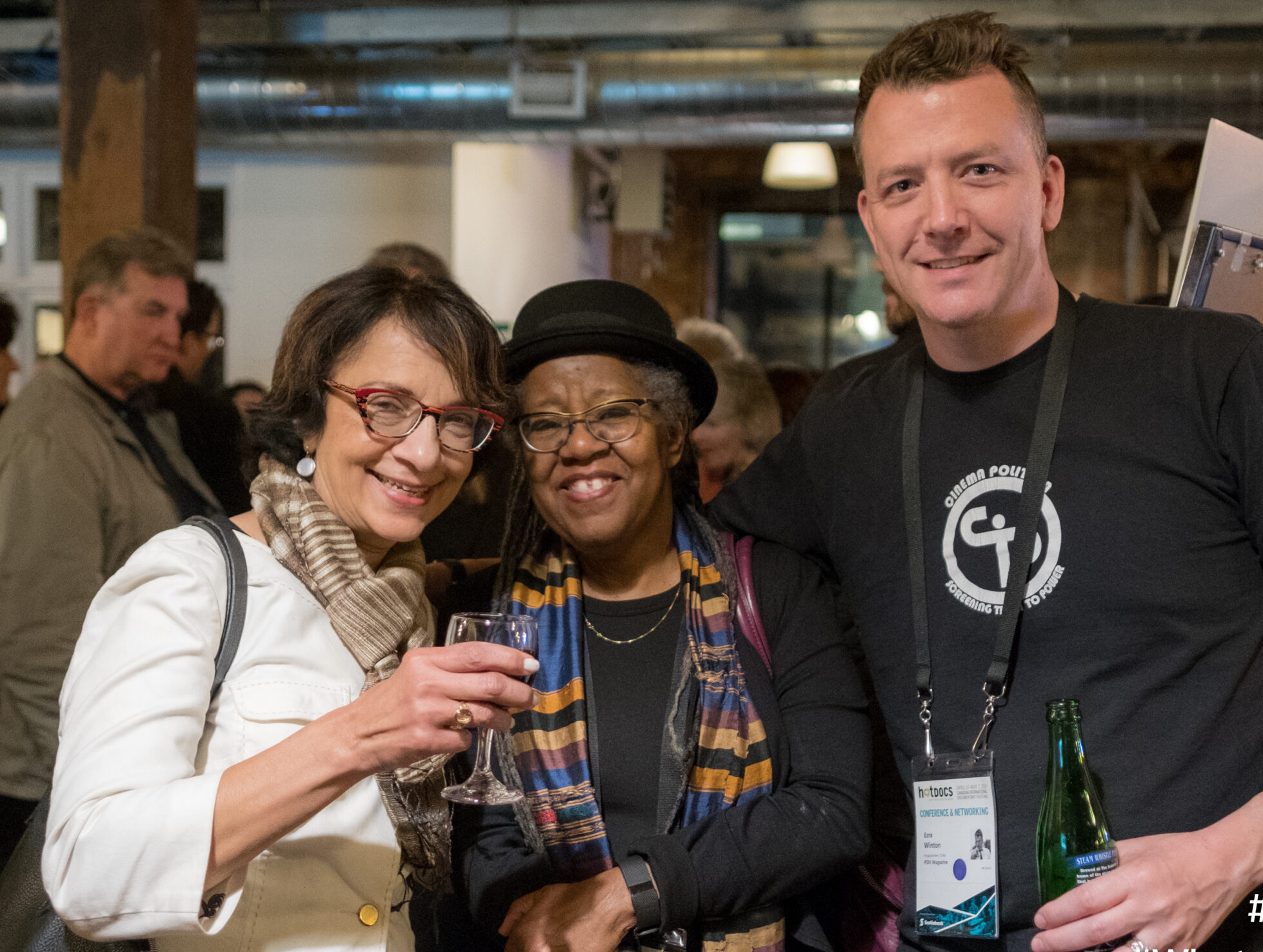
Hamilton recalls the rapid changes in the 1970s, when technological advances meant easier access to video and film production. It was then that Hamilton became involved in community-based groups that were creating video and cable television shows. One of the programs Hamilton produced and hosted concerned a dialogue between an elderly Black woman and a younger Black woman. Hamilton would return to the theme of intergenerational dialogue in her first documentary film, Black Mother Black Daughter (1989), co-directed by Claire Prieto, which explores the familial experiences of African-descended women in Nova Scotia. “The women’s stories reveal not only the history of African women in Nova Scotia, but our collective history as Nova Scotians and as Canadians,” comments Hamilton. “In doing so, their ‘telling’ challenged traditional representations of Canadian history.”
Black Mother Black Daughter, Sylvia Hamilton & Claire Prieto, provided by the National Film Board of Canada
Black Mother Black Daughter bridged a generational gap through the validation and witnessing of testimonies from older women. At the time, Black families rarely had home movies. By re-purposing archival footage, newspaper files, and family collections, Hamilton contributes to what she calls the “preservation of the family, church, and community.” Whether she is working on documentary films, gallery installations, poetry, or essays, Hamilton’s collection of images is an essential element in her creative process. Informed by what preceded her, these are rich sources for her work.
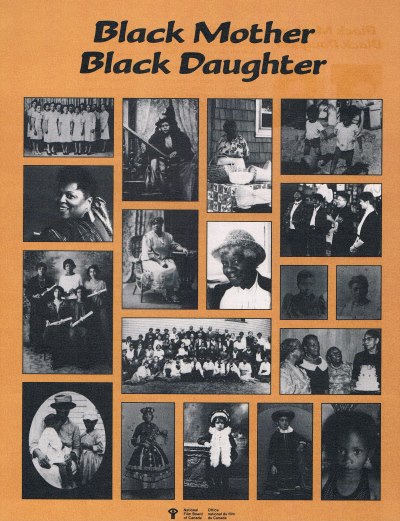 Black Mother Black Daughter was the first film produced by the Atlantic Studio of the NFB using an all-female production team, and it was a great success. More than 1,200 people were at the Halifax premiere of the film. In one sold-out screening during the Margaret Mead Film Festival in New York, which took place at a 200-seat theatre in the American Museum of Natural History, another 200 people waited for a half an hour hoping for a second screening, but the theatre was booked to show another film. “There were so many people wanting to see the film,” Hamilton recalls. “Such rare and memorable experiences continue to remind me why I make films.”
Black Mother Black Daughter was the first film produced by the Atlantic Studio of the NFB using an all-female production team, and it was a great success. More than 1,200 people were at the Halifax premiere of the film. In one sold-out screening during the Margaret Mead Film Festival in New York, which took place at a 200-seat theatre in the American Museum of Natural History, another 200 people waited for a half an hour hoping for a second screening, but the theatre was booked to show another film. “There were so many people wanting to see the film,” Hamilton recalls. “Such rare and memorable experiences continue to remind me why I make films.”
Growing up, it was rare for Hamilton to see Black people on television or in movies, which made it hard for her to imagine being behind the camera as well. “I think about Nobel Prize-winning novelist Toni Morrison when she was asked why she wrote her books. Her response was ‘because they are the kind of books I want to read.’ I hold to her wisdom. Since I didn’t see films about people who looked like me, I could start by making them myself.”
Aside from her stature as a filmmaker, Hamilton is an accomplished poet, essayist, mentor, and educator who has taught most notably at the University of King’s College in Halifax. In all her work, Hamilton maintains a commitment to add to Canada’s cultural fabric by relating stories of People of Colour who are fighting against systemic erasure, and she continues to be inspired by the generosity of the people who trust her to tell their stories. “Without that trust, I wouldn’t be able to enter their worlds, to learn about their lives, challenges, and contributions,” says Hamilton. “It is a true gift.”
Additional films by Sylvia D. Hamilton are available through Cinema Politica.




